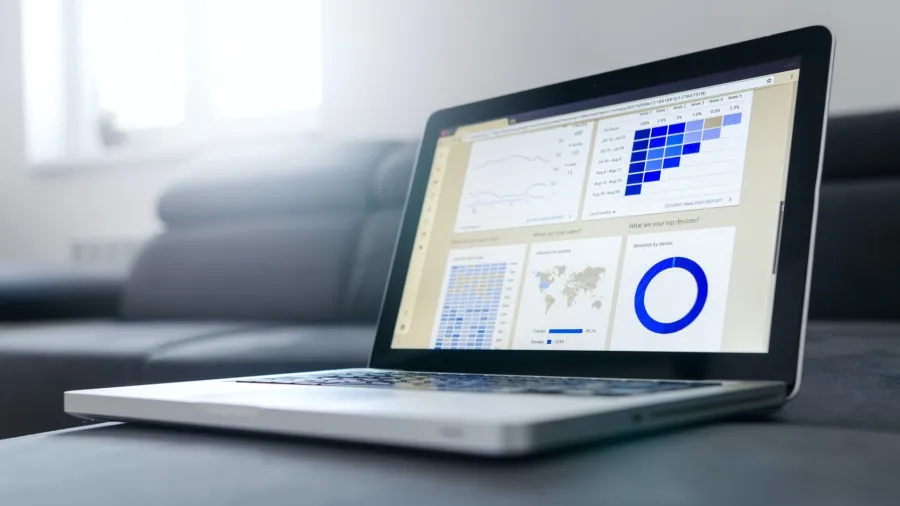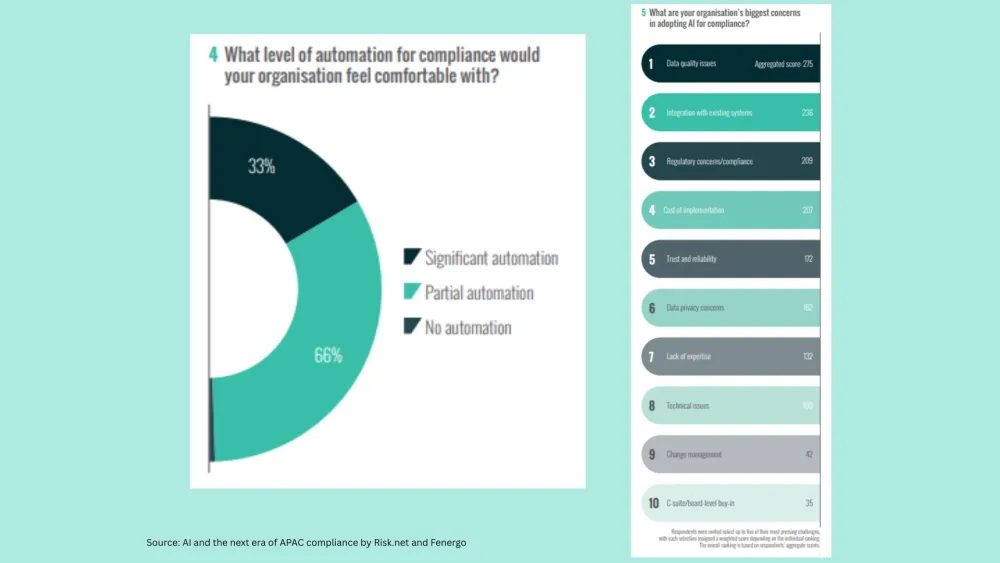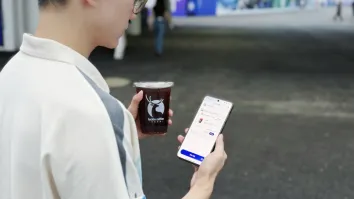
Banks must leverage APIs to stay ahead amidst the open revolution: Deloitte
It opens up new revenue models and lowers the cost-to-serve.
In order to stay ahead, banks must compete through collaboration, especially as the future of the financial services industry moves to become more open, Deloitte said in a report.
The global professional services firm urged banks to leverage application programming interfaces (APIs), especially now that an open revolution is now well underway in Southeast Asia – not only in the financial services industry but also across all industries and sectors.
“Across the region, many players have already deployed the use of APIs to share data and integrate functionalities on common platforms. Indeed, enabling customers to voluntarily share their personal data with other entities – a core benefit of APIs – has been around for some time now, and most of us are already familiar with the way it works,” Deloitte wrote in its report, “The open revolution is here: competing through collaboration in financial services.”
Three key benefits offered by APIs, in the context of open banking, are that it offers integrated and personalised experiences, it presents new revenue models, and it lowers the cost-to-serve by reducing costly and time-consuming processes.
For banks, good API use is present in bank accounts and accounting platforms that allow enterprises to check their account balances and activities in real-time without the need for manual reconciliation of bank statements.
“By adopting digital capabilities across the full length of the API ecosystem partner enablement process, banks can reduce the amount of manual work in their value chains, and free up their capacity to focus on more value-adding activities,” Deloitte wrote.
“For instance, relationship managers may be able to dedicate more time to understanding and analysing customer-specific use cases and improving overall service quality, while client implementation teams may be able to pare down their servicing costs,” it added.
Good API use is already present in many payment platforms across Southeast Asia. Amongst common use cases include ride-hailing applications that provide drivers with instant pay-outs upon trip completion; and payment applications that enable merchants to conduct instant payment collection by generating a dynamic QR code for consumers to scan and pay from their mobile devices.
Perhaps the most notable recent example in the region is the Singapore Financial Data Exchange, says Deloitte. The world’s first public digital infrastructure uses a national digital identity and centrally managed online consent system to enable individuals to access their financial information held across different government agencies and financial institutions through a common platform.
Four-stage API roadmap
Deloitte proposed a four-stage roadmap in order to support banks’ journeys in developing and executing API strategies: accelerate, design, implement, and operate.
Under the first stage, Deloitte proposes for banks to conduct an initial round of discovery and benchmarking exercises over a period of three weeks in order to devise a strategy and roadmap for the bank’s shift towards digital API onboarding. This is followed by a deep dive into the required functionalities and capabilities, requirements gathering, and identification and definition of any additional constraints or bank-specific security policies, and requirements that need to be built into the design.
The third stage, implementation, will mark the creation of a detailed design document in collaboration with the bank’s IT and operations teams. Once the setup has been completed, the bank will then integrate the cloud-based solution architecture with their existing infrastructure and systems, and conduct user acceptance tests to ensure functionality and usability.
In the final part, before going fully live, banks must prepare and ensure the readiness and quality of their production support, warranty, and managed services, including customer service and expert troubleshooting teams.
Photo courtesy of Lukas Blazek



















 Advertise
Advertise













